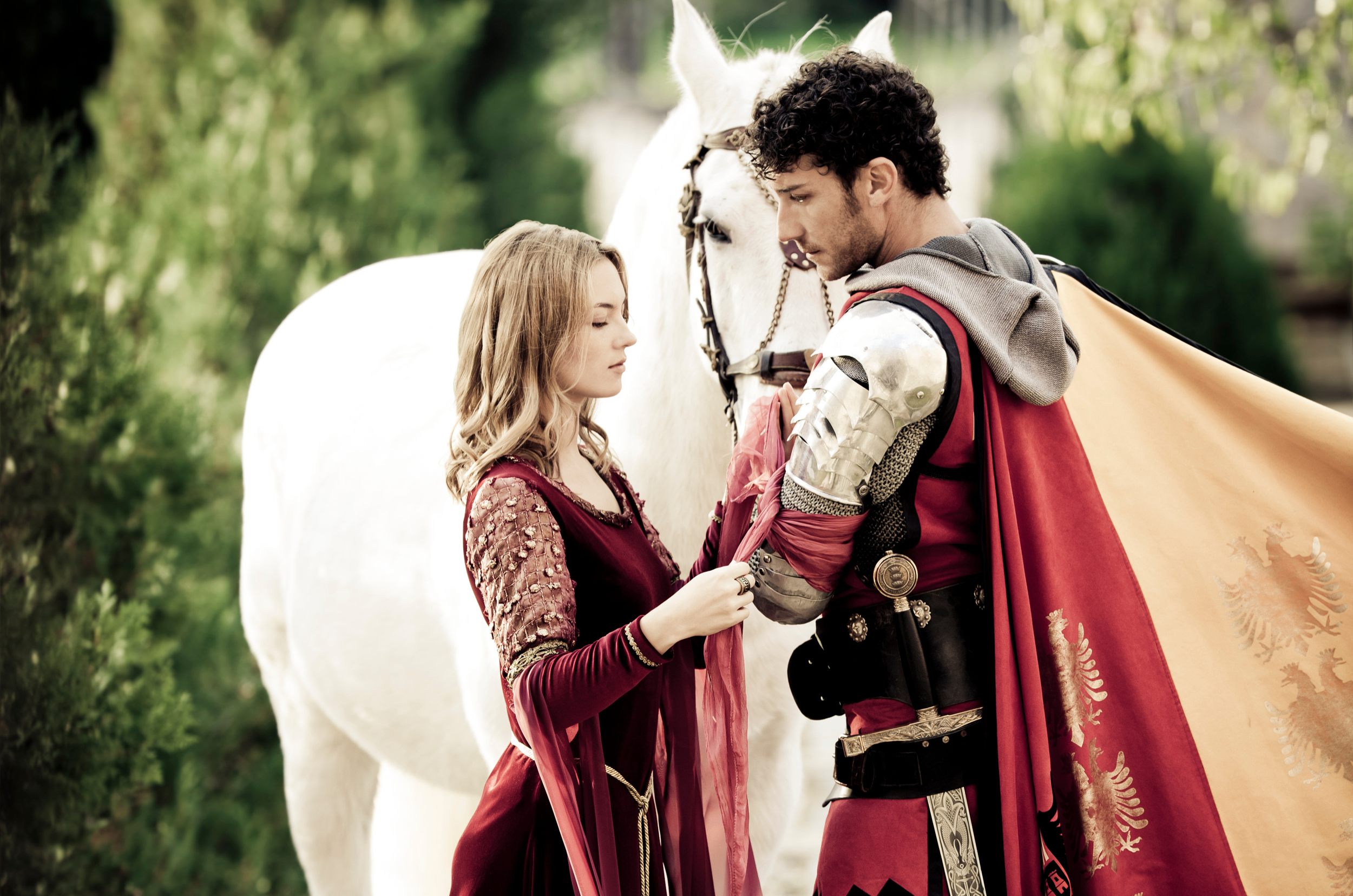Gender Roles: The Knight and the Damsel in Distress
Imagine a scene from a classic fairy tale: a brave knight charging valiantly to rescue a damsel in distress, swept up in the romance and heroism of the moment. But what happens when this tale plays out in modern relationships? The Knight and the Damsel in Distress dynamic may seem romantic on the surface, but beneath lies a complex web of gender roles that can compromise emotional connections and perpetuate harmful stereotypes.
Kate and Anthony, a couple deeply in love, encounter a problem with their next-door neighbor. The neighbor constantly plays loud music late into the night, disrupting their peace and sleep. Kate feels frustrated and unsure about how to address the situation diplomatically. Sensing her distress, Anthony immediately takes charge, marching over to the neighbor's house to confront them about the noise.
While Anthony's protective instinct and willingness to take action may seem admirable, his actions inadvertently reinforce the dynamic of the Knight and the Damsel in Distress. Kate, feeling overwhelmed by the situation, becomes reliant on Anthony to solve the problem for her, diminishing her sense of agency and autonomy in handling conflicts.
In this scenario, the imbalance of power between Kate and Anthony creates a dynamic where one partner consistently takes on the role of the hero while the other is relegated to the role of the damsel in distress. Kate may find herself feeling disempowered and unheard, as her voice and agency are overshadowed by Anthony's constant need to rescue her. Conversely, Anthony may experience a sense of fatigue and frustration as he shoulders the responsibility of always having to be the hero, especially if Kate hesitates to take initiative or assert herself in the relationship.
As this pattern continues, it sets the stage for a cycle of expectations that can be detrimental to the emotional well-being of both partners. The damsel, whether consciously or not, begins to rely heavily on the knight to solve all problems, big or small, rather than seeking solutions together as equals. This reliance can lead to a hesitancy to take ownership of one's own challenges, perpetuating a sense of dependency within the relationship. Meanwhile, the knight may feel burdened by the pressure to constantly rescue their partner, leading to feelings of resentment and exhaustion as their own needs and emotions take a back seat.
In this cycle, the emotional connection between partners becomes compromised as the focus shifts away from mutual respect, understanding, and support. Instead, the relationship becomes centered around maintaining traditional gender roles and expectations, stifling the potential for authentic growth and intimacy. The damsel may feel disempowered and incapable of handling challenges independently, while the knight may struggle to emotionally connect beyond the role of the rescuer, yearning for a deeper connection based on mutual vulnerability and support.
The dynamic of the knight and the damsel often shows up in the bedroom and can cast a shadow over the sexual relationship between a couple. As the damsel retreats further into the role of being cared for, she may become disconnected from her desires, both sexual and otherwise. This disconnect can make it challenging to cultivate a fulfilling intimate relationship, as the damsel relies on her partner to fulfill her needs without expressing her own desires.
Similarly, the knight may struggle to navigate the complexities of intimacy beyond the role of the rescuer. Feelings of pressure to perform or live up to unrealistic expectations can further strain the sexual connection between partners, leading to feelings of frustration and dissatisfaction.
It's essential for couples to recognize and address these dynamics early on in their relationship. By promoting open communication, mutual respect, and shared responsibility, couples can navigate challenges together in a way that strengthens their bond rather than diminishes it. Seeking the guidance of a couples therapist can also provide valuable insight and support in breaking free from harmful gender stereotypes and cultivating a relationship built on equality, empathy, and genuine connection.
True partnership is about facing life's challenges together, as equals, supporting each other emotionally and sharing the responsibility of navigating life's ups and downs.











